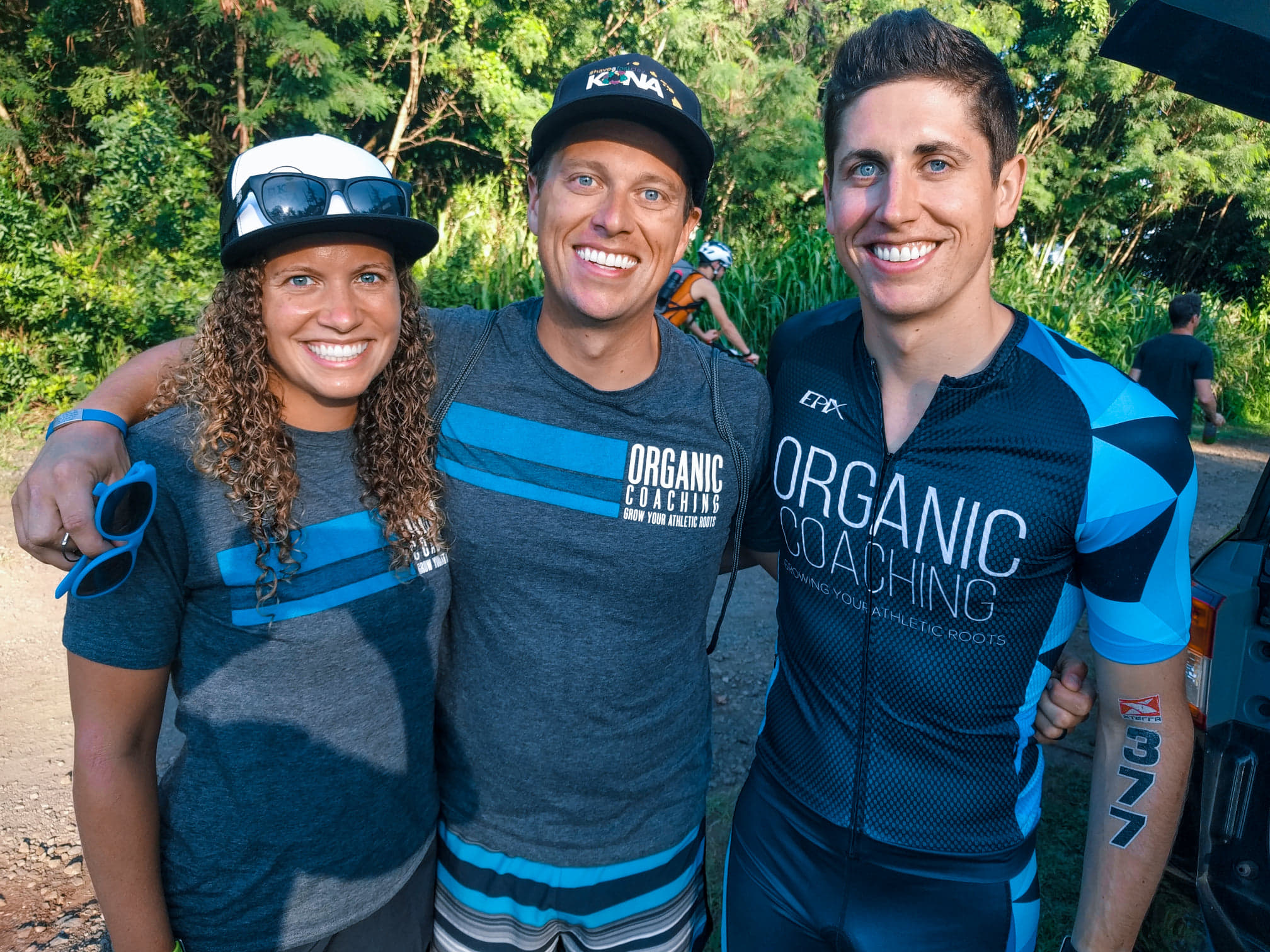
Every athlete understands the regular aches, pain and DOMS, and yet we know that in order to reach our personal best we need to stay consistent with our training plan. As a result, many endurance athletes, decide to use NSAIDs while working out in order to deal with aches and pains on a regular basis. This can be helpful to help get through daily activities and training sessions with s little pain as possible.
However, it begs the question of should we use NSAIDs while working out? Can it improve your performance, or is it harmful? This article explores what NSAIDs are, and whether or not you should be taking NSAIDs while working out.
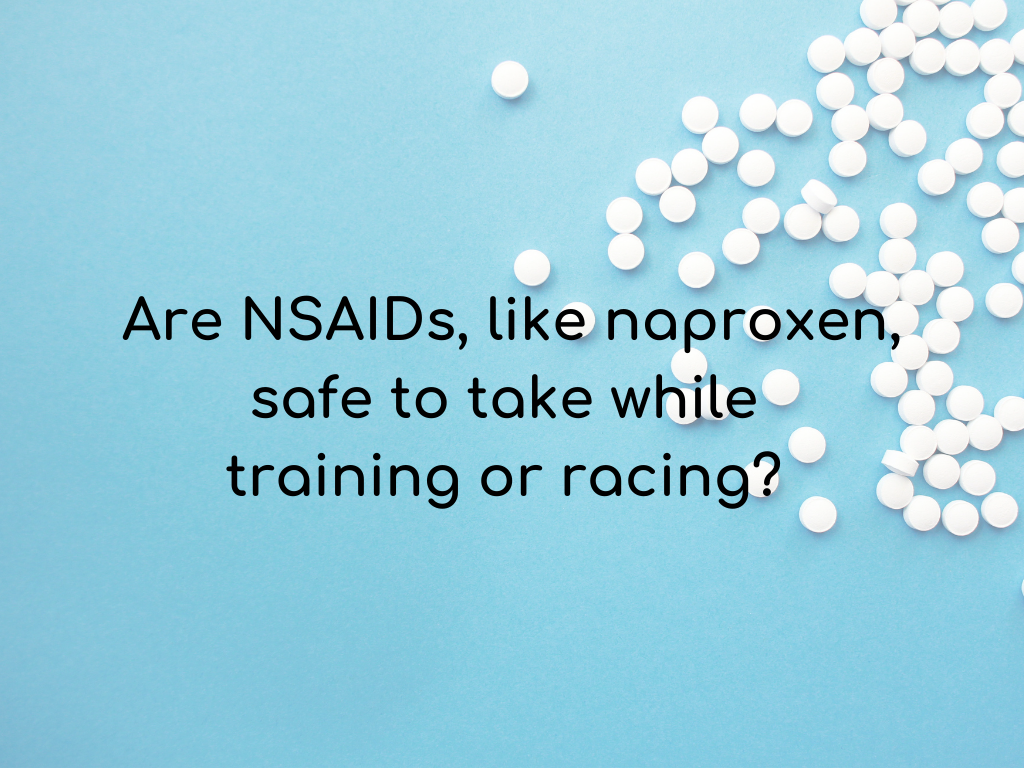
NSAID stands for Nonsteroidal Anti-Inflammatory Drugs. The most commonly known NSAIDs are aspirin, ibuprofen (Motrin and Advil), and naproxen (Aleve). NSAIDs refer to a class of drugs, that are anti-inflammatory drugs. NSAIDs are pain relievers, reduce inflammation, lower fevers and are blood thinner which can prevent blood from clotting.
An athlete may decide to take NSAIDs while working out in order to feel better during the session. Taking an NSAID may help you feel better temporarily and give you the false belief that you’ll perform better. However, neither of these things is true, and you’re risking long-term injury.
The biggest risk of taking NSAIDS while working out or racing is that you’re masking a potentially serious injury. That can have long-term impacts on your athletic endeavours. Since NSAIDs are painkillers you may not notice a serious problem as early as you would have when you haven’t taken an NSAID. Meaning you may complete an intense injury or full race, without noticing that you’ve injured yourself until it’s too late. This risk could ruin your whole race season and possibly cause long-term damage.
Another concern with using NSAIDs while working out is the risk of hyponatremia. Using NSAIDs during ultra-distance races like Ironman triathlons is associated with an increased risk of exertional hyponatremia. Hyponatremia is also called water intoxication. This is generally the result of drinking excessive amounts of plain water which causes a low concentration of sodium in the blood.
It is believed that NSAIDs alter renal (kidney) function. In some studies, it has been found that kidney injury is more common among endurance athletes that use NSAIDs while working out. It was found to be more common in athletes using ibuprofen.
Lastly, it’s a common misconception that inflammation is bad for our body and for healing. When in fact, inflammation is how our body heals itself. When working out you cause changes in your muscle, ligaments, and bones, by placing strain on the tissues and bones, causing micro traumas and tears. These tissues need to heal after a workout, and in doing so that’s how we build stronger muscles and denser bones.
NSAIDs limit the body’s natural healing process due to their anti-inflammatory properties. This will affect your ability to recover and can even decrease the effectiveness of your training.
It can be tempting to take NSAIDs to “improve your performance,” but it is not recommended. NSAIDs can cause more damage than good, and possibly long-term problems.
Learn more about how avoiding athletic burnout can help prevent injury and pain so that you can stay on track during training without feeling the need to reach for NSAIDs, by reading this article.
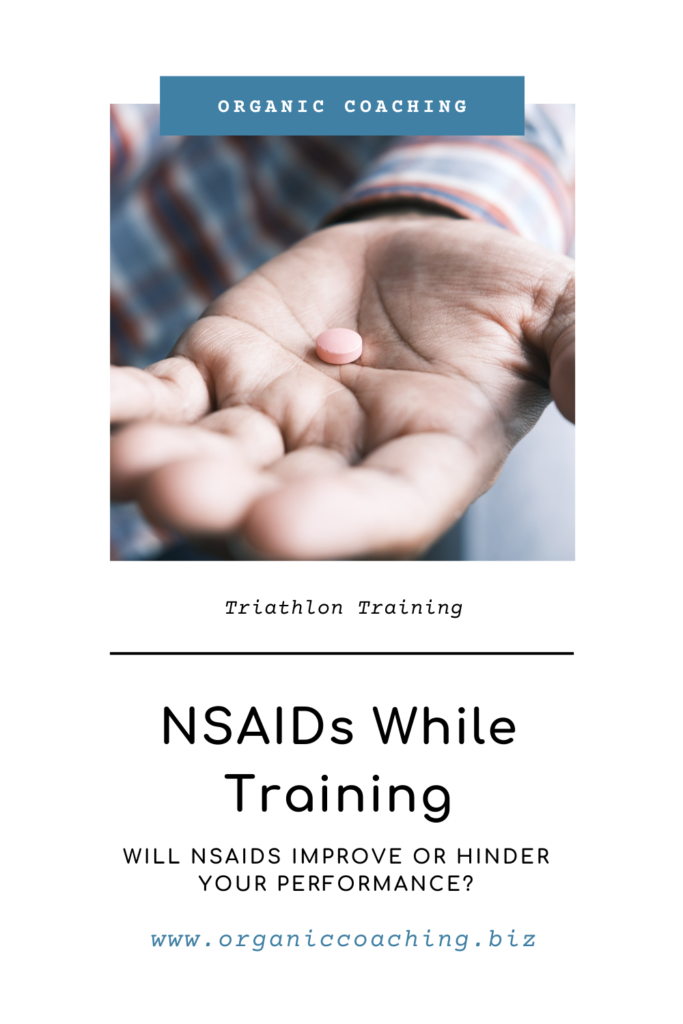
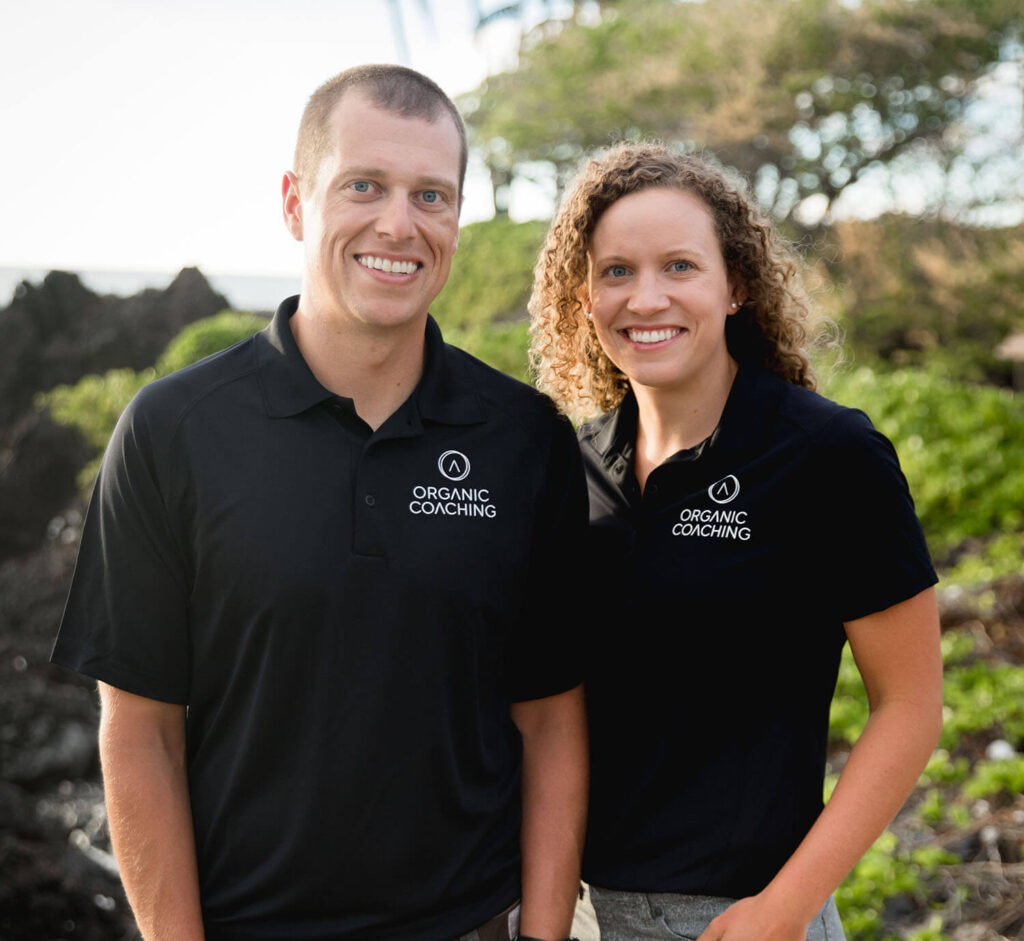
Carly and Tyler Guggemos built Organic Coaching in 2014 with a simple philosophy that works. The idea is to take what you have and grow it to get faster, fitter and stronger. And to do it with the time you have – not the time you wish you had.
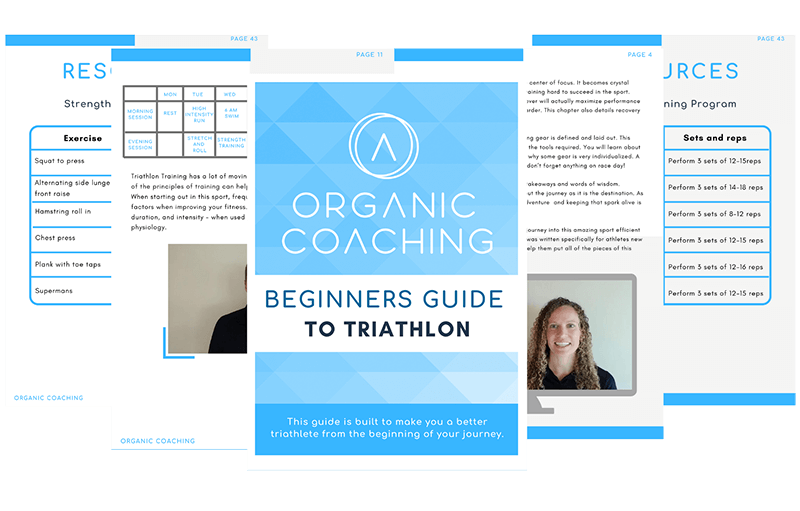
For athletes who are ready to take their training to the next level while still thriving and succeeding in their professional and family life.
Copyright © 2024 Organic Coaching LLC